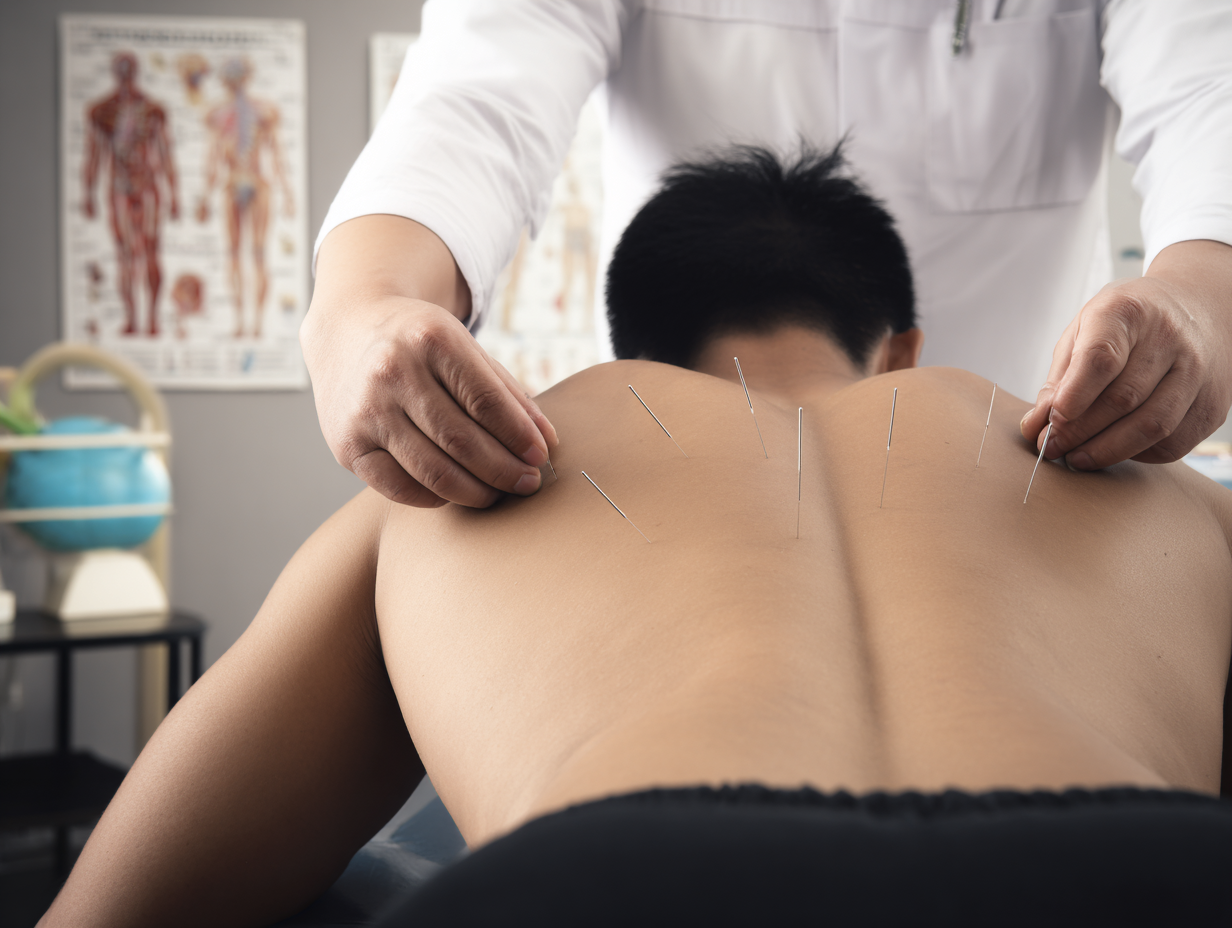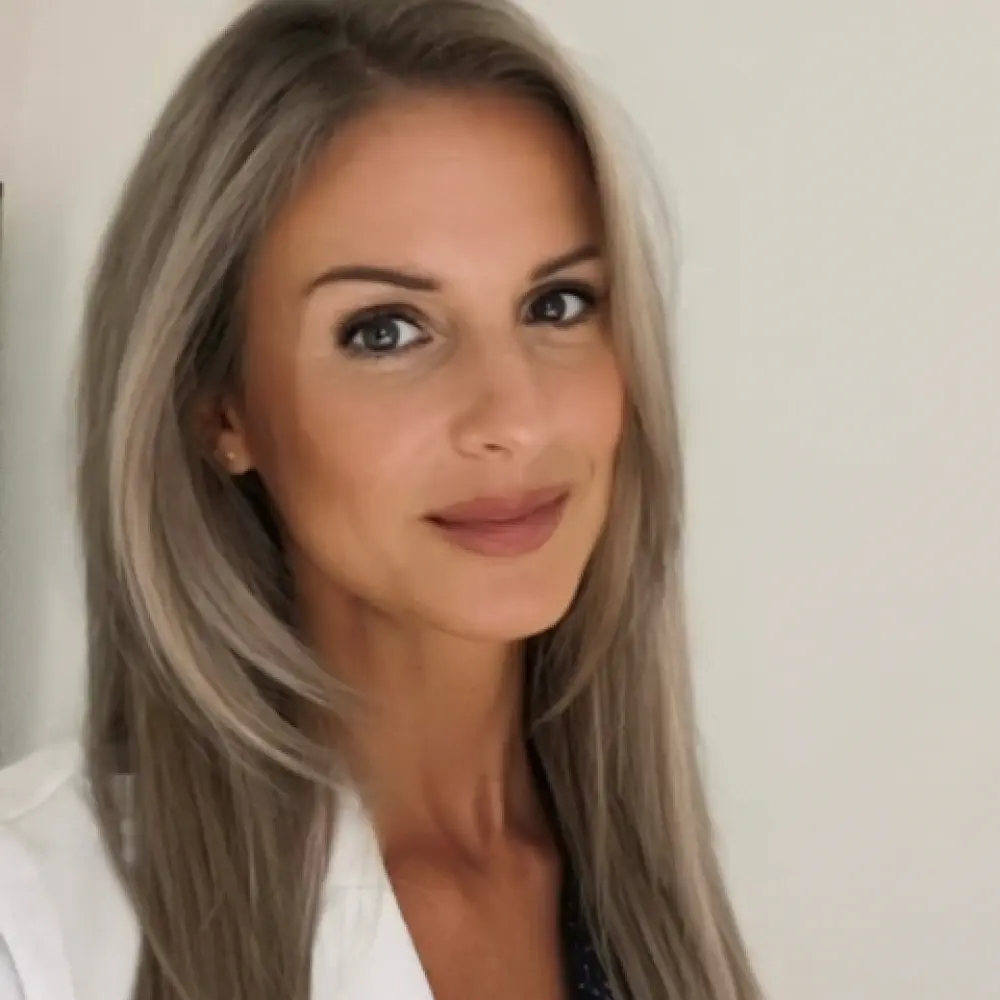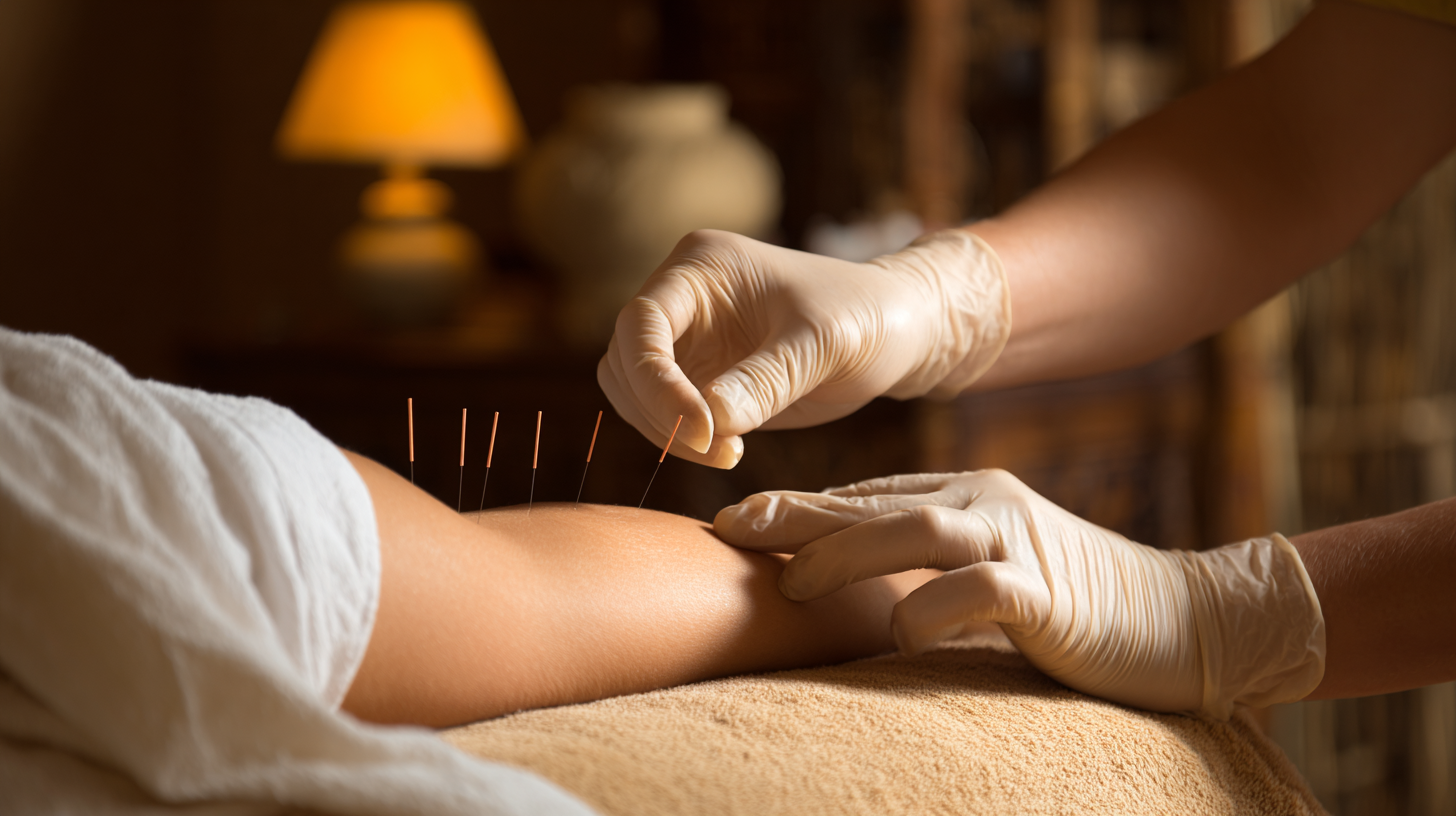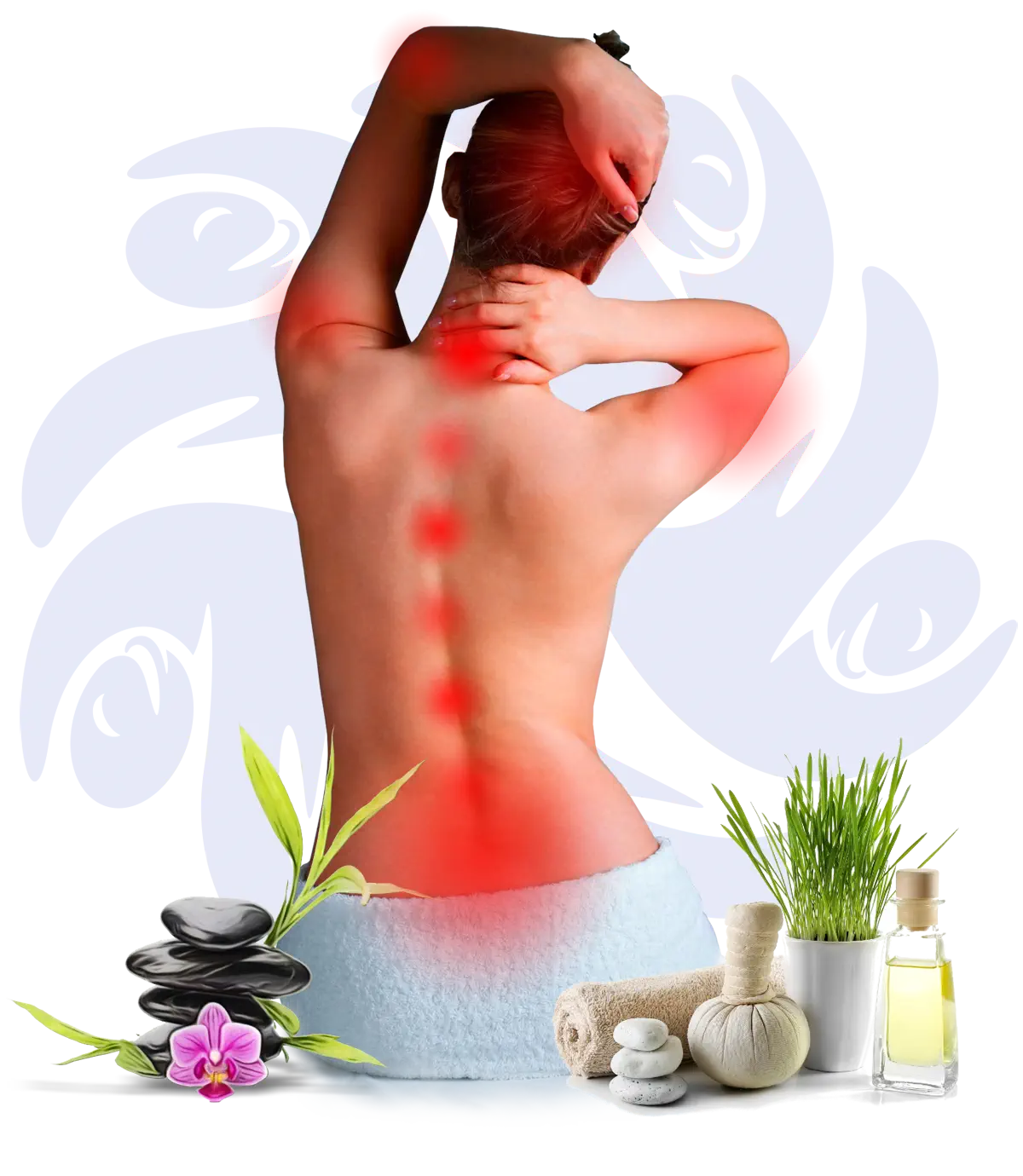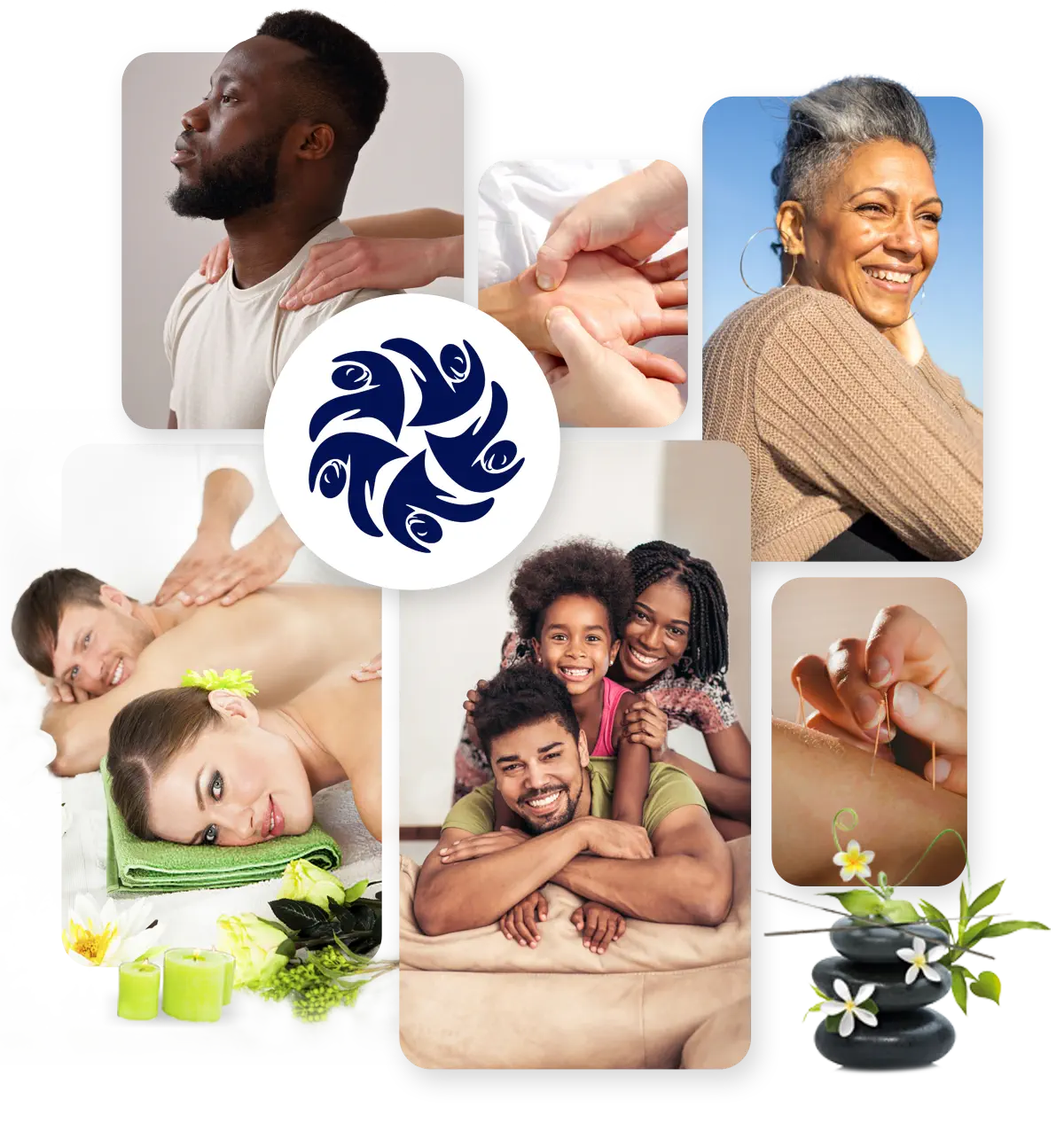By: Annie Vy Dang, DACM, L.Ac.
Back pain is one of the most common reasons people seek medical help, and one of the most frustrating to treat. Whether it’s a dull ache, sharp spasm, or chronic stiffness, living with back pain can affect every part of your day, from sleep to work to simple movement.
Research continues to validate what practitioners of Chinese medicine have known for centuries. Acupuncture has been shown to significantly reduce both acute and chronic low back pain. Clinical studies, including those published in journals like Pain Medicine and Cochrane Reviews, report that acupuncture outperforms placebo treatments and often matches or surpasses physical therapy in effectiveness. Better yet, it carries far fewer risks than pharmaceutical painkillers and anti-inflammatories.
Acupuncture stimulates specific points along the body’s meridians to release endorphins, modulate nerve signals, and reduce inflammation. It also improves blood flow to injured or tight areas, supporting the body’s own healing processes. Patients often report rapid results. Some feel immediate relief after their first session; others experience steady improvement over a few weeks.
Many patients find that with consistent care, they’re able to reduce or eliminate their reliance on pain medications altogether. Even more importantly, they gain insight into how their posture, movement patterns, stress levels, and nutrition contribute to recurring pain—empowering them to take control of their health in a sustainable way.
About the Author
Dr. Annie Dang is a Director of Kassandra Wellness Group and the founder of Resilient Oriental Medicine in Spring, TX. At Resilient Oriental Medicine, Dr. Annie Dang offers a natural and effective solution: acupuncture, supported by cupping, herbal medicine, and food therapy. With a Doctorate in Acupuncture & Chinese Medicine and a strong focus on pain management and sports medicine, Dr. Dang has helped countless patients find lasting relief—especially those who didn’t respond to conventional treatments. You can learn more or schedule an appointment with Dr. Annie Dang at https://www.resilientorientalmedicine.com.
